In today’s hyper-connected digital world, cybersecurity is no longer just an IT concern—it’s a business priority. Small to medium-sized businesses (SMBs) may often feel like they’re flying under the radar, shielded by the fact that they don’t hold the same data volumes or resources as larger corporations. However, this misconception can be a dangerous one, particularly when it comes to the risks posed by the dark web.
The dark web, a hidden portion of the internet not indexed by search engines, has become a thriving marketplace for illegal activities. From stolen credentials and financial data to compromised business networks and intellectual property, the dark web hosts an array of illicit transactions that could devastate an SMB. The question isn’t whether your data will end up there—it’s when.
What Is the Dark Web?
To understand the risks it poses, let’s first explore what the dark web is. It’s a part of the deep web—the portion of the internet that’s not indexed by traditional search engines. While the deep web includes private email accounts, medical records, and subscription-only content, the dark web takes this anonymity a step further. It’s intentionally hidden and requires special software, like Tor (The Onion Router), to access it.
On the dark web, individuals and groups engage in illicit activities, including drug trafficking, weapons sales, and, most relevant to SMBs, the trade of stolen data. Cybercriminals frequently offer stolen business information, login credentials, credit card details, and even entire databases for sale, providing them to anyone willing to pay. For SMBs, this presents a significant risk to their data security and overall operations.
Why Should SMBs Care?
At first glance, the dark web might seem distant from the daily operations of most SMBs. However, the reality is that data breaches, whether they come from large corporations or smaller enterprises, can end up on these illicit marketplaces. In fact, SMBs are increasingly targeted by hackers for their relatively weak security defenses compared to bigger organizations. Once hackers gain access to sensitive business data—be it client information, financial records, or trade secrets—they can sell it on the dark web, leading to long-term reputational damage, legal repercussions, and financial loss.
Here’s why SMBs need to be particularly vigilant about the dark web:
- Targeted Attacks on SMBs: Smaller companies often lack the comprehensive security infrastructure that large enterprises have, making them appealing targets for cybercriminals.
- Reputational Damage: Even if your data doesn’t get stolen, a breach or leak can severely damage trust with customers and partners.
- The Cost of a Data Breach: Beyond the financial cost of restoring systems and compensating affected parties, the loss of intellectual property or customer data can be devastating to a small business’s survival.
- Regulatory Fines: SMBs may also face hefty fines for failing to comply with data protection regulations, such as GDPR, if customer data is found on the dark web.
How Data Gets to the Dark Web
Understanding how data makes its way to the dark web is the first step in preventing it. Cybercriminals use a variety of methods to steal data, including:
- Phishing Attacks: Cybercriminals trick employees into revealing sensitive information, such as login credentials or payment details, through fraudulent emails or websites.
- Malware and Ransomware: Attackers deploy malicious software that infiltrates systems, encrypts data, and demands a ransom in exchange for the decryption key. Once stolen, this data can be sold on dark web marketplaces.
- Data Breaches: Even well-established businesses can experience breaches that result in compromised data. Unfortunately, SMBs often suffer more severe consequences when this happens due to less robust cybersecurity measures.
- Weak Passwords: Many small businesses continue to rely on weak or reused passwords, which are easily guessed by hackers and then exploited for data theft.
How SMBs Can Protect Themselves from Dark Web Threats
The good news is that there are steps SMBs can take to safeguard their data and minimize the risks of exposure on the dark web. Protecting your business begins with understanding the threats and implementing proactive measures to prevent them. Here are several best practices:
- Use Strong, Unique Passwords: Ensure that employees use complex, unique passwords for each service or application they access. Consider using a password manager to securely store and manage passwords.
- Implement Multi-Factor Authentication (MFA): MFA adds an extra layer of protection by requiring a second form of authentication, such as a one-time code sent to a mobile phone, before granting access.
- Monitor for Data Leaks: Regularly monitor the dark web for your company’s data. There are specialized services available that can alert you if your data is being sold or traded on these illicit platforms.
- Train Employees on Cybersecurity: Employees are often the first line of defense against cyber threats. Regularly train them on how to spot phishing attacks, avoid suspicious links, and practice safe online behavior.
- Invest in Endpoint Security: Ensure that all devices connected to your network, including employee laptops and mobile phones, are secured with up-to-date antivirus software and firewalls.
- Back Up Critical Data: Regular backups ensure that even in the case of a ransomware attack, your data can be restored without paying the ransom.
- Use a VPN (Virtual Private Network): A VPN encrypts internet traffic and masks IP addresses, making it harder for hackers to track and compromise your business data.
- Engage in Regular Security Audits: Perform routine audits to assess your network security and identify vulnerabilities that could expose you to cybercrime.
The Role of Cybersecurity Solutions
While SMBs can implement many of these practices internally, it’s important to consider working with cybersecurity professionals who specialize in protecting businesses from dark web threats. Managed Security Service Providers (MSSPs) can help set up firewalls, monitor networks in real time, and provide expertise in responding to and mitigating dark web threats.
Additionally, cybersecurity software providers offer dark web monitoring services, which scan the dark web for any evidence of compromised business data. These tools can detect if your data has been posted on illicit sites, allowing you to take immediate action to limit the damage and prevent further harm.
The Final Word
The dark web is a breeding ground for cybercriminals looking to exploit stolen data, and SMBs are increasingly being targeted. But while the risks are significant, they’re not insurmountable. By taking proactive steps to protect your data, educating your employees, and partnering with the right cybersecurity professionals, your business can guard against the threats that lurk in the shadows of the internet.
The dark web may seem like a distant and unknowable space, but its impact is very real—and its risks can no longer be ignored. Don’t wait until your data is for sale on the dark web to take action. Invest in cybersecurity today to secure your business and protect your future.
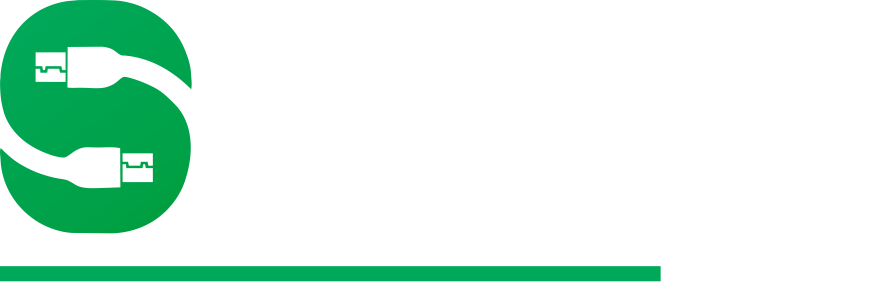

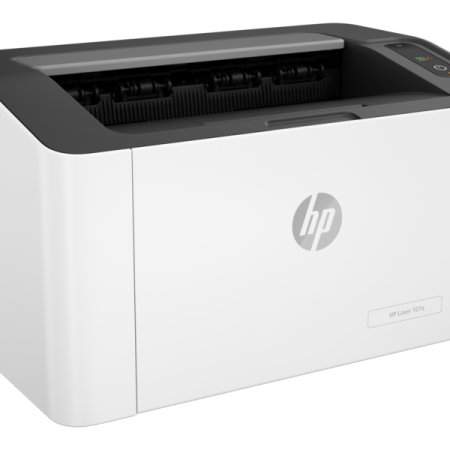




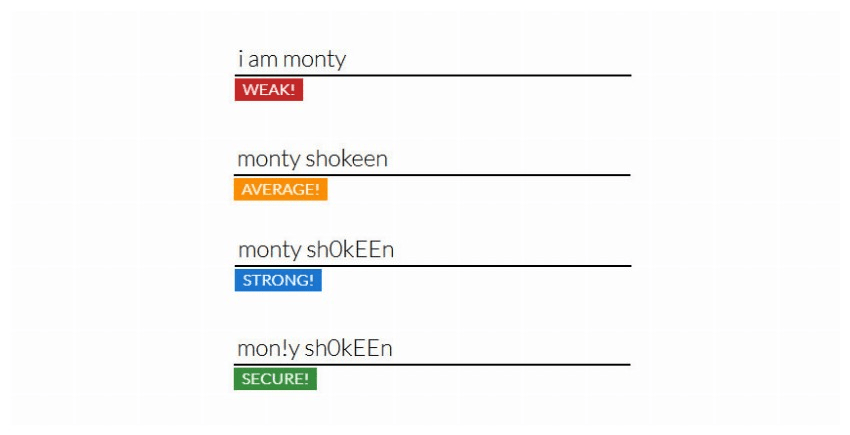

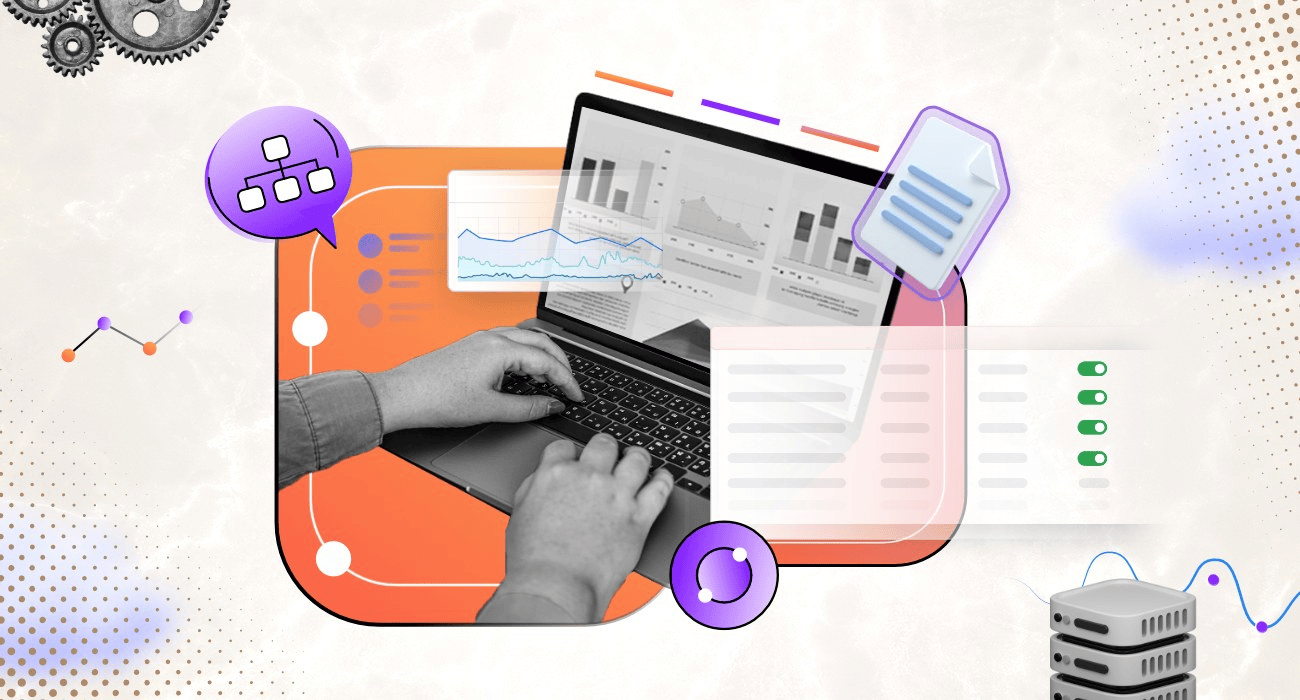
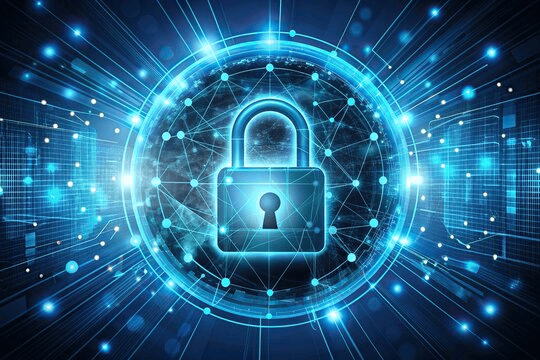
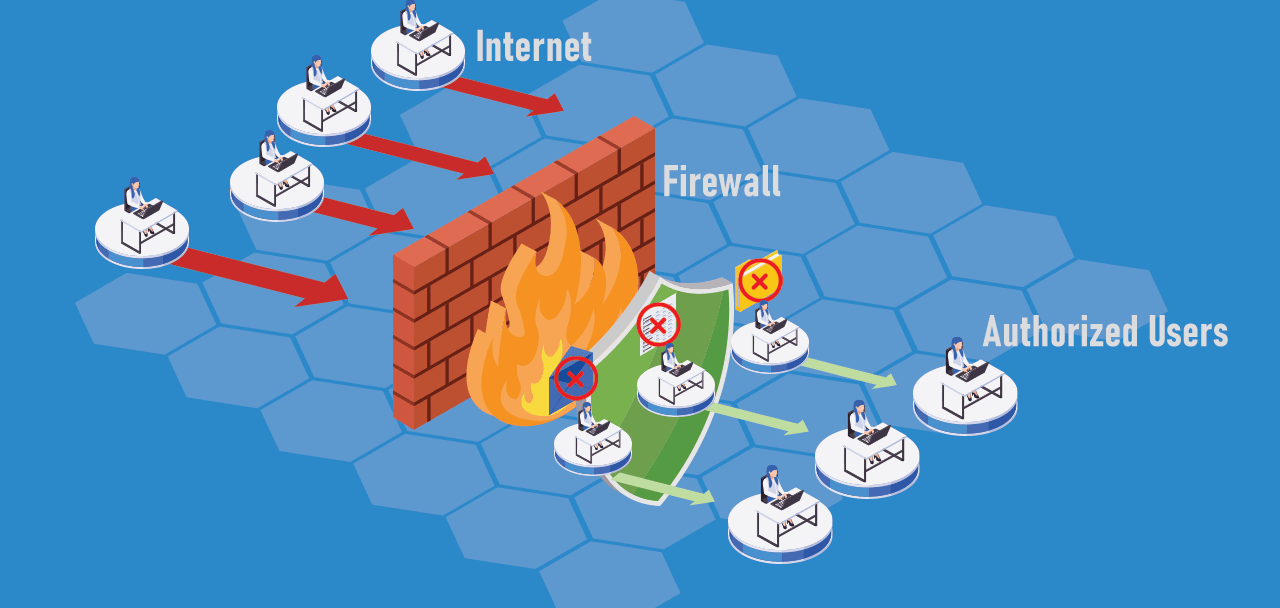
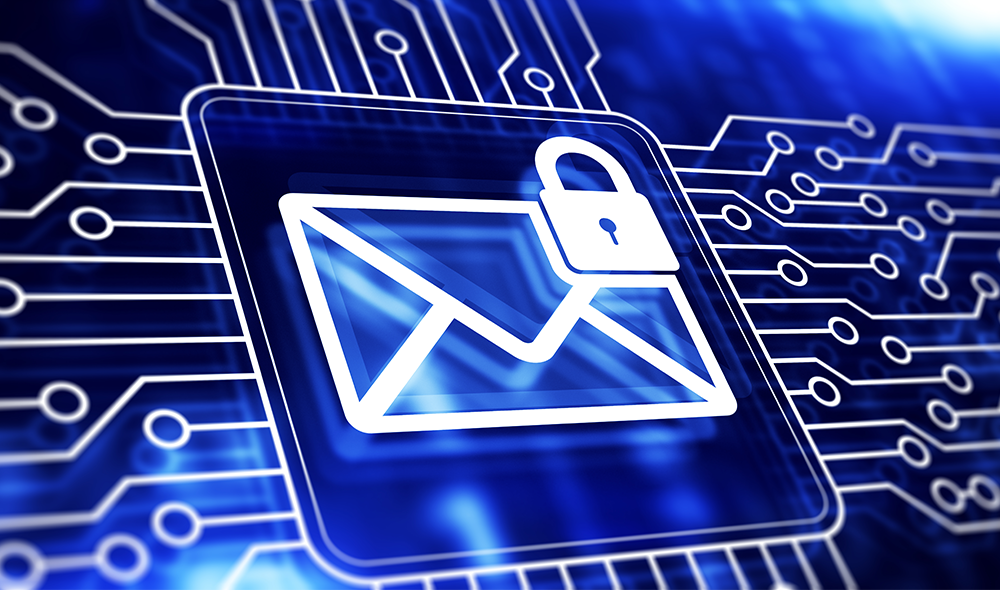
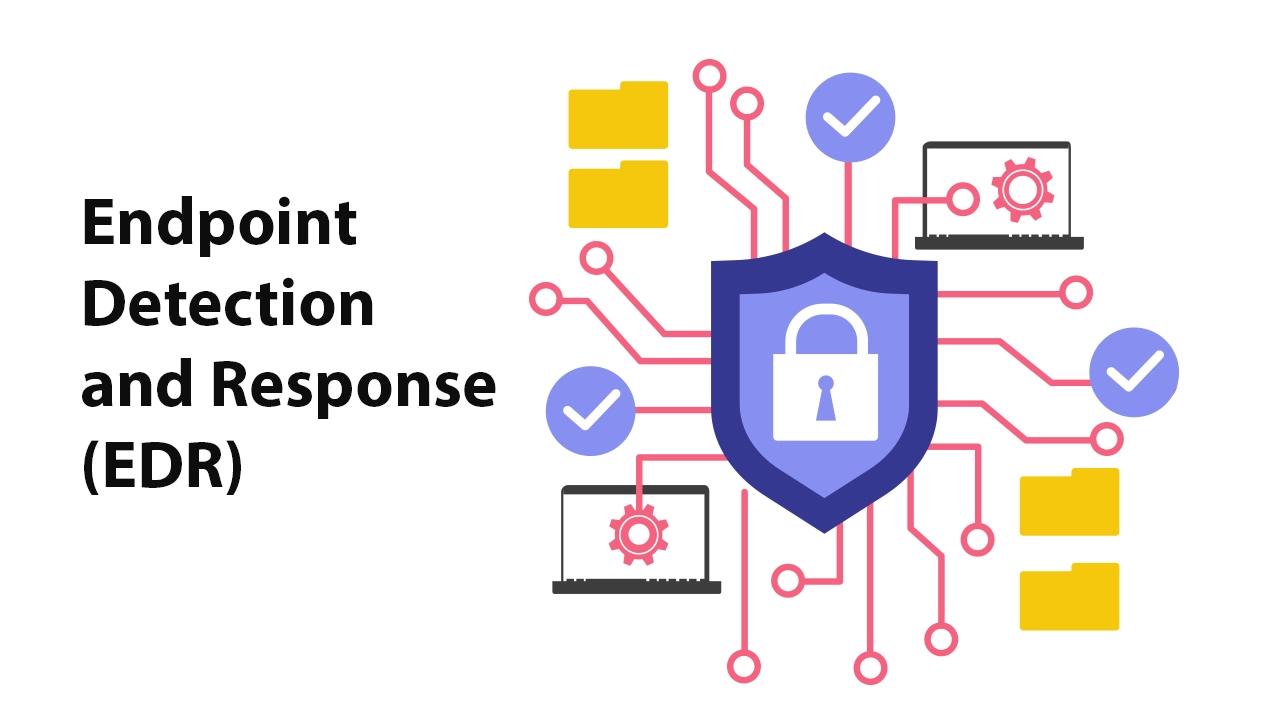
Leave a comment